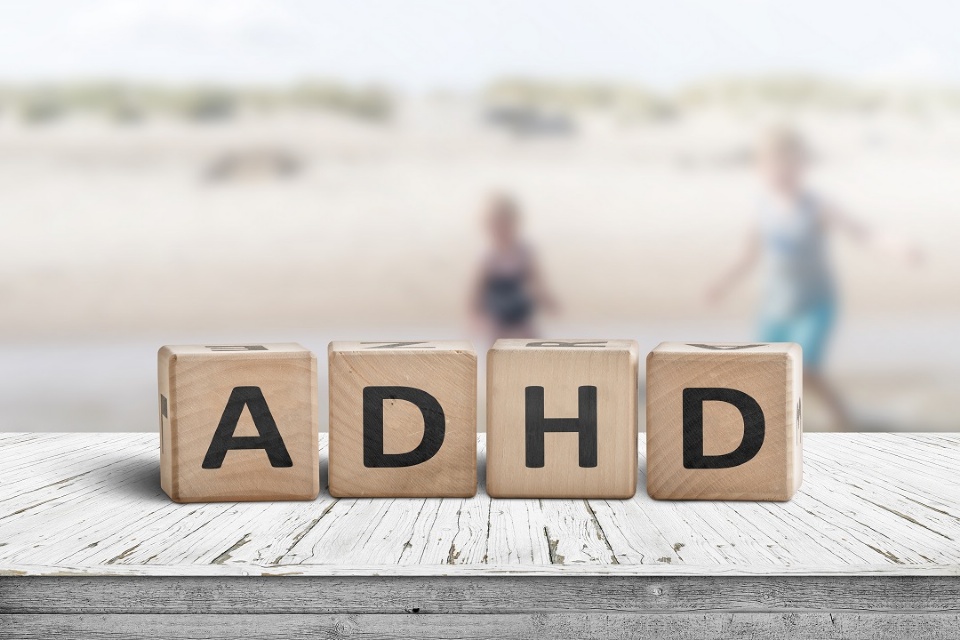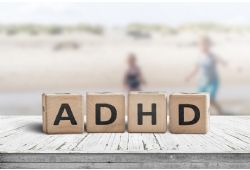The term ADHD – Attention Deficit Hyperactivity Disorder – seems to be
everywhere these days. With more and more diagnoses coming to light, parents
may be wondering what ADHD is exactly. And how do you know if your child has
it? Keep reading to find out more about the real symptoms of ADHD and what to
do if you suspect your child is suffering from it.
What is ADHD?
ADHD can affect a child in every way. It is when the brain’s activity
differs from a standard brain’s activity. It often makes it nearly impossible
for children to sit still for too long, learn new skills, or even develop solid
relationships with friends and family members. ADHD symptoms can be exhibited
to some degree in most children. The difference between non-ADHD children and
ADHD children is that ADHD children will not be able to control their
behaviours and the symptoms will affect every aspect of their daily lives.
When Do Symptoms of
ADHD in Children Begin?
The first thing to keep in mind is when you can begin to notice symptoms
of ADHD. According to the CDC, an ADHD diagnosis cannot really be given prior
to age four. In fact, only school age children can be tested for ADHD. This is
because children younger than this may exhibit some of the same symptoms, but
will grow out of them at the appropriate time.
Symptoms of ADHD
- Failure to understand instructions to age-appropriate tasks
- Inability or unwillingness to engage in activities that require mental effort (ex.; puzzles, homework, etc.)
- Easily distracted whenever working on strenuous tasks
- Inability to complete tasks, even playful tasks
- Constant squirming or fidgeting
- Inability to remain seated in the classroom for an extended period
- Constantly blurting out answers, not waiting their turn
- Often interrupts those around him or her
- Difficulty playing quietly
- Feelings of restlessness
- Forgetful of their daily activities and routine
When to Worry
To a certain extent, almost every young child can exhibit these behaviours occasionally. In fact, some of these symptoms are a normal part of childhood development. So how and when does it become a problem? As your child ages, many of these traits will start to disappear. If they don’t and your child suddenly becomes the only one in his or her class who cannot follow through on tasks or sit still, it may be time to consider evaluating your child.
Your child’s teacher may also have some insight as to how your child behaves in relation to other children in their age group at school. If you are concerned your child may be suffering from ADHD, meet with your child’s teacher and get their opinion, as well.
What if My Child Has ADHD?
In the event that your child does suffer from ADHD, don’t panic. There are many ways you can help your child learn to deal with ADHD. He or she can still go on to lead a successful and happy life.
The best way you can help you child is to ask your paediatrician for local resources to turn to for help. You can also visit Centre intégré de santé et de services sociaux de Laval (CISSS) to learn more about services available in Laval. You can visit their website at lavalensante.com or call 450-661-2572, ext. 27283 to find out more about ADHD workshops and information sessions for parents.

 In The Latest Issue:
In The Latest Issue:


 BY:
BY: 

Tweet
Share